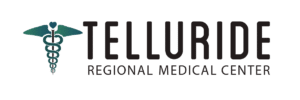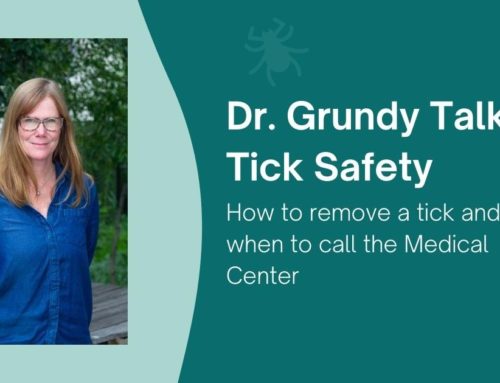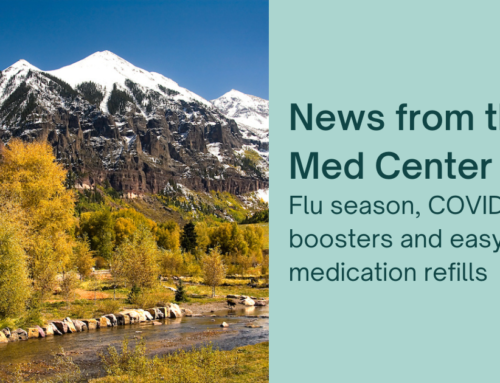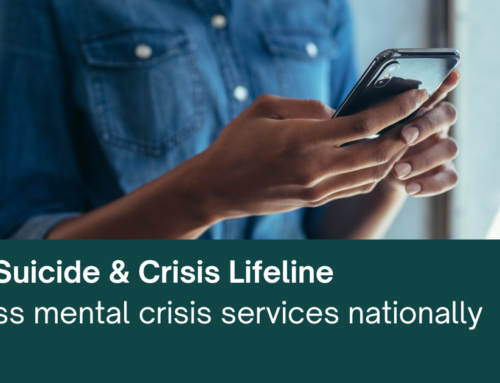Planning a trip? Don’t leave home without this checklist from the primary care team at the Telluride Regional Medical Center to help make sure your spring and summer travel plans go off without a hitch.
Consult your health care provider 2-4 weeks prior to travel. You may need to plan for the appropriate vaccines for specific destinations. These should be done at least two weeks before travel, but they still have benefits if given in a shorter interval.
Take precautions against malaria and other insect borne diseases. Take anti-malarial medication as recommended by your healthcare provider. Medications should be purchased in the U.S. as many medications overseas contain no active ingredients. See Travmed.com for insect protection products.
Create a personal first aid and medical kit containing travel and personal medications for your trip.These should be in your carry-on luggage and always in their original containers.
Consider evacuation and travel insurance if traveling outside the U.S. InsureMyTrip.com or TripInsuranceStore.com are two providers. Our providers also recommend E-med for travel CDC and airline-accepted digital eMed Lab Report.
Dr. Grundy recently returned from Spain. Her advice for the most stress-free international travel is to plan ahead and look here for the most up-to-date travel requirements for other countries.
Get free at-home COVID-19 tests. Every home in the U.S. is eligible to order up to 16 free at-home tests. Order free at-home tests here. You can also stop by the Public Health office or Wilkinson Public Library to pick up free rapid antigen tests.
We are seeing more positive tests in San Miguel county. Please continue to test for Covid when you develop symptoms. If you test positive for Covid, call the Medical Center to set up a tele-visit to discuss your options, including antiviral therapy. We will want to consider if you’re considered high-risk for complications.
Road safety is important, always wear seatbelts and use helmets on bikes and motorcycles. Avoid night time driving.
Abstain from casual or unsafe sexual practices to avoid any exposure to HIV, Hepatitis B and other sexually transmitted diseases.
Assure safe water and food supplies. Avoid raw foods and any non-treated water. Stick to bottled water that you have opened. Carry Potable Aqua or other water treatment products as a backup.
Avoid excessive sun exposure by using sunscreen with a minimum of an SPF-30 rating. Be aware that sun is most intense from 10-4 and when on water, snow or at altitude.
Leave animals alone. Rabies or other infections can be a serious risk from bites or scratches.
The best way to travel is to travel safely. The primary care team at Telluride Regional Medical Center can help you plan ahead so you don’t get left behind.








